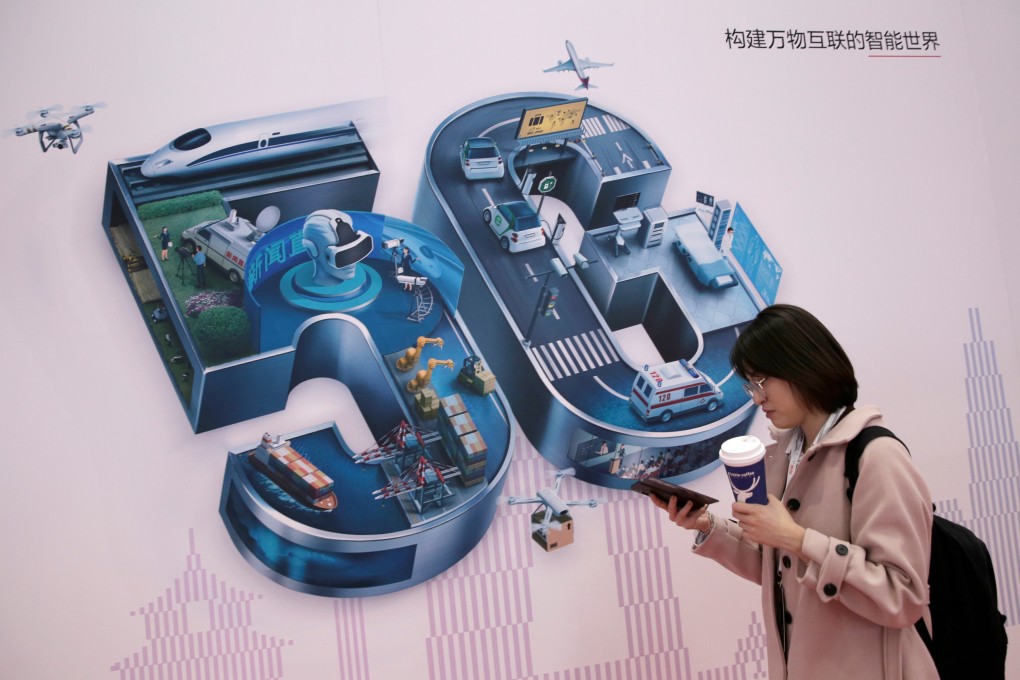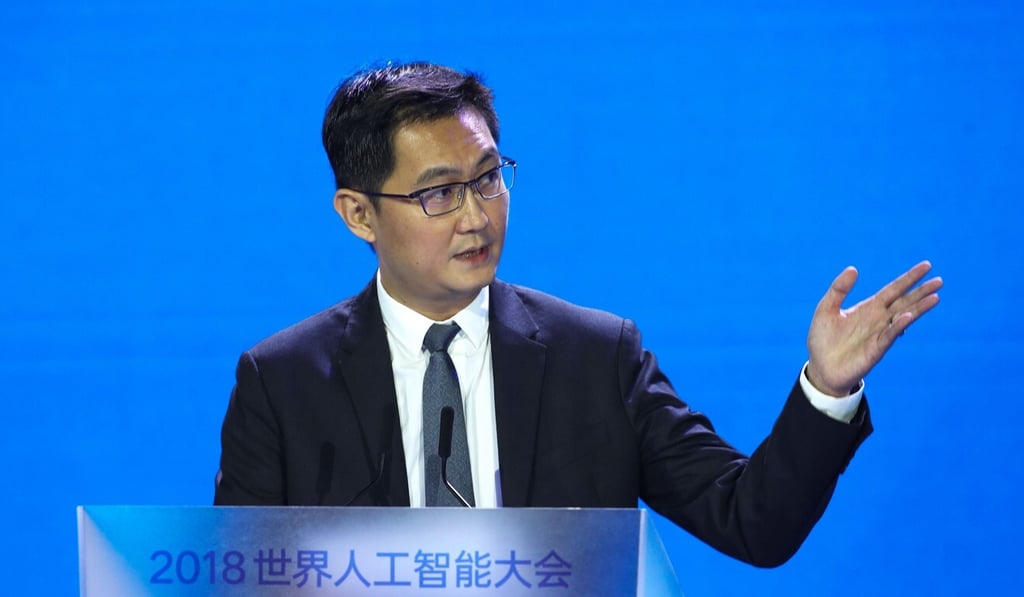What Chinese tech tycoons brought to the table at this year’s ‘two sessions’ policy gathering
- Tencent’s Pony Ma suggested the government should speed up the development of cloud computing infrastructure to lay a solid foundation for China’s digital economy
- Xiaomi’s Lei Jun suggested the development of satellite internet

Chinese tech leaders were among the attendees at China’s most important political event of the year – the “two sessions” – to discuss and propose plans regarding the country’s technological development, among other duties.
Here are some of the highlights of what was discussed at last week’s gathering on the topic of technology:
Development of new tech infrastructure
Pony Ma, Tencent’s founder and NPC deputy, did not attend this year’s conference due to health reasons, but submitted seven proposals to China’s top politicians. Ma suggested that the government should speed up the development of cloud computing infrastructure to lay a solid foundation for China’s digital economy, as part of his advice.

Baidu’s founder Robin Li, also a CPPCC member, recommended ramping up efforts to build a world-leading AI infrastructure, and called for the application of open-source deep learning platforms in various industries. Li also emphasised the importance of constructing smart transport infrastructure across the country. His company, Baidu, is a leader in China’s autonomous driving sector and has recently rolled out robotaxi services in Changsha, a city in Central China’s Hubei province.